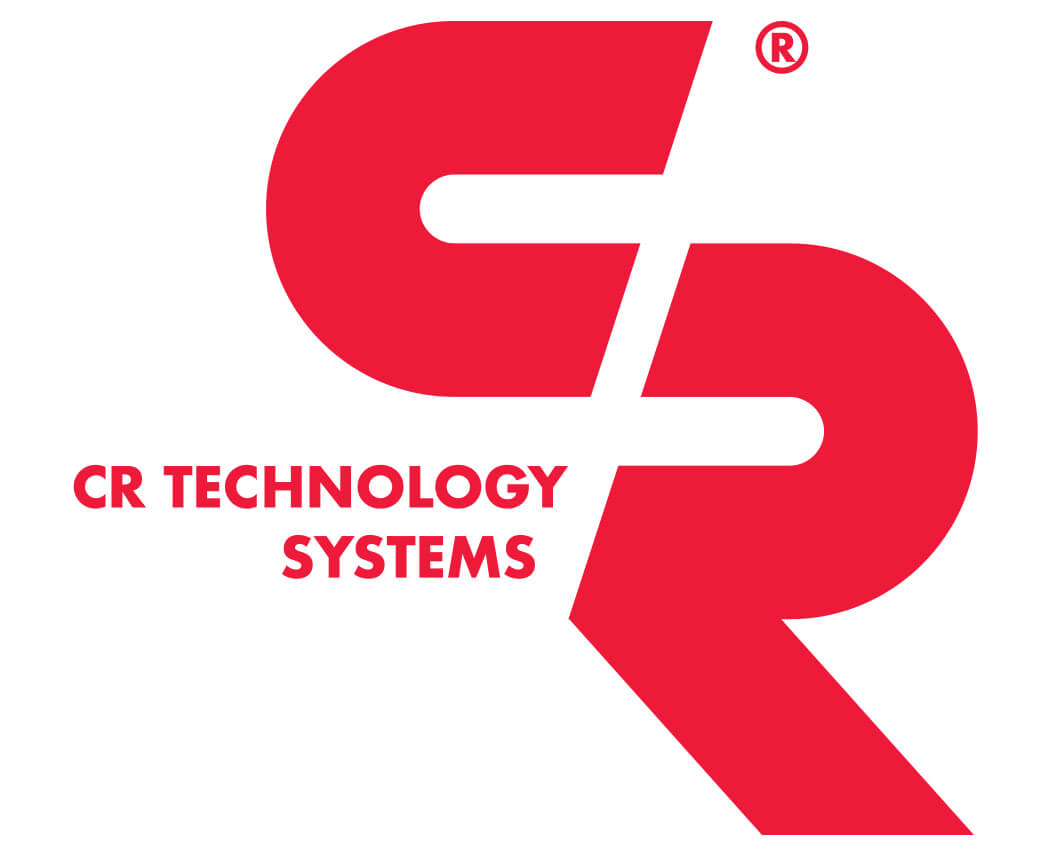The Carbon Footprint of a product is an instrument that has gained importance throughout the years for its witness as a company commitment towards the great challenge of climate changing.
WHAT VALUE DOES THE CARBON FOOTPRINT OFFER?
The main value of the Carbon Footprint certification is referred to a product, good or service provided by a company. The CFP assessments, carried out by third parties, allow communicating with stakeholders transparent and objective data, and valorize the company, making it more attractive to customers, prospects, and investors.
Moreover, once calculated the Carbon Footprint of its products, a company can start a series of measures and activities aimed at reducing, and at a later stage, also compensating for its CO2 emissions, thus transforming the corporate image, integrating it with an environmental aspect, fundamental now more than ever.
THE COMMITMENT OF C.R. TECHNOLOGY SYSTEMS FOR ENVIRONMENTAL SUSTAINABILITY
C.R. Technology Systems is engaged in projects for environmental protection and sustainable development. The virtuous path undertaken by the company and the values that guide it, make it possible to identify and plan actions that reduce the environmental impact, not only in terms of emissions but also in the optimization of available sources.
In 2020 we launched a project for quantifying our own CFP on each electrical substation, subject to verification by an independent third party. We have already completed the journey for our flagship product: the electrical substation, both mobile and fixed, including all individual components. Once identified the indexes responsible for GHG emissions, the KPIs necessary to reduce CFP have been set, with the aim of creating a low climate impact product, in line with company values.
THE CARBON FOOTPRINT OF THE MOBILE SUBSTATION
The Product Carbon Footprint quantifies the greenhouse gas emissions generated throughout the lifecycle of a product, from the extraction of raw materials to construction, up to its use and reuse, eventual recycling or final disposal.
C.R. Technology Systems decided to determine the CFP of one of its core products, the electrical substation.
Reference standard and regulations are:
- Regulation UNI EN ISO 14067: 2018
- PCR 007 “Electronic and electrical products and systems” (EPD Italy)
- PCR 018 “Electronic and electrical products and systems – power transformers” (EPD Italy)
The reference methodology is the CFP Systematic Approach.
It is an instrument developed and tailored for C.R. Technology Systems, able to simplify the development of CFP of multiple products internally. Through this instrument it is possible to quantify the CFP of a single product in one day, instead of several months, therefore the CFP Systematic Approach allows the company to apply the same methodology on other products too.

CASE STUDY – ELECTRICAL SUBSTATION FOR ENEL (BRAZIL)
As part of the tender procedures, Enel has defined a series of rewarding factors, “K of sustainability”, relating to requirements linked to social, environmental, health and safety, and circular economy aspects that can be applied for the offers, with which suppliers must align themselves in order to participate in tenders.
Among the environmental K factors, there is the calculation of the carbon footprint of the product.
On the occasion of the tender won for the supply of a mobile electricity substation in Brazil, C.R. Technology Systems has started the certification of the product, thus obtaining the quantification of the total CO2 emitted. The data obtained is the starting point for planning the 5% reduction in total emissions, as requested by Enel.
